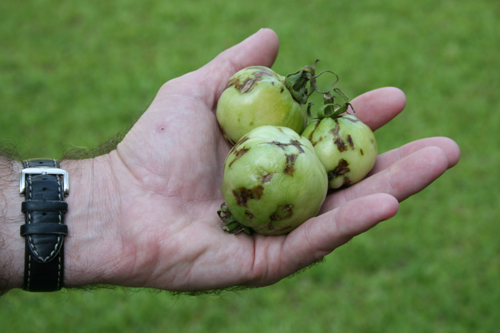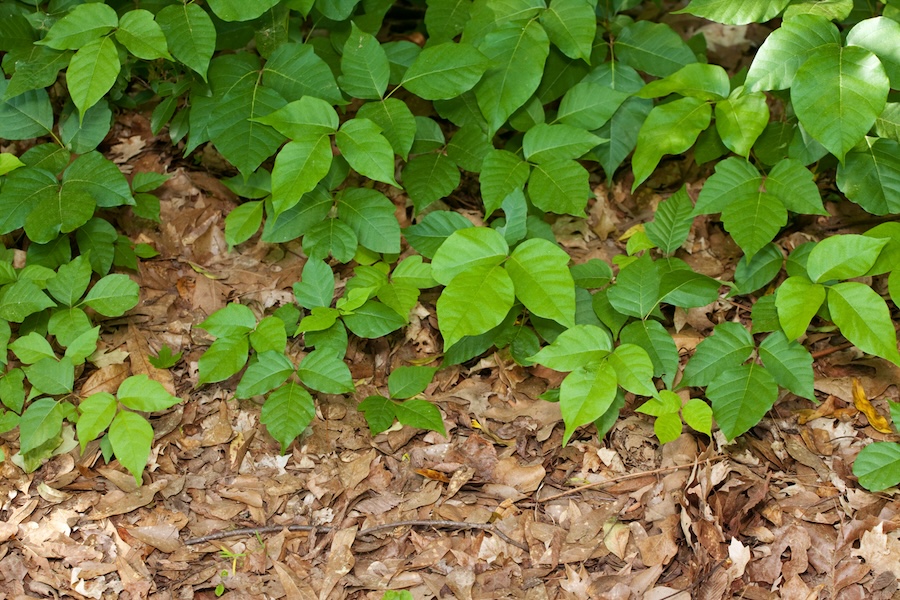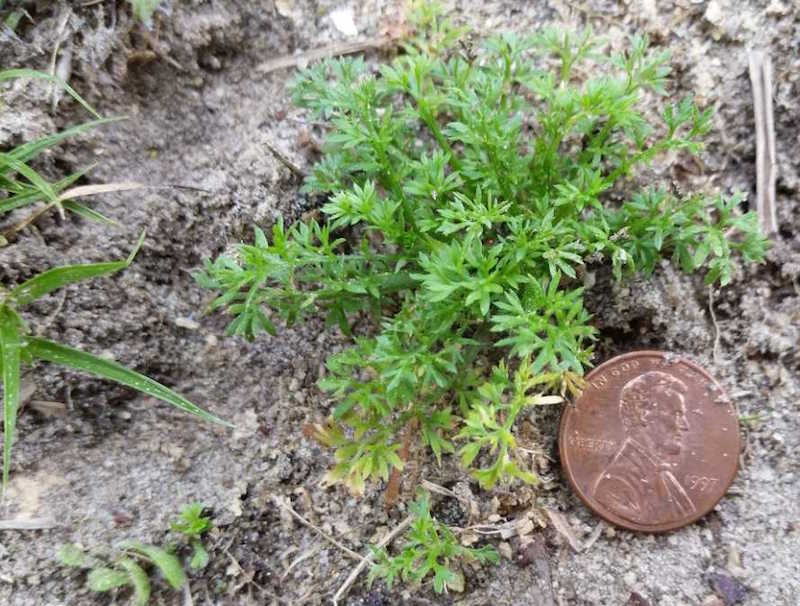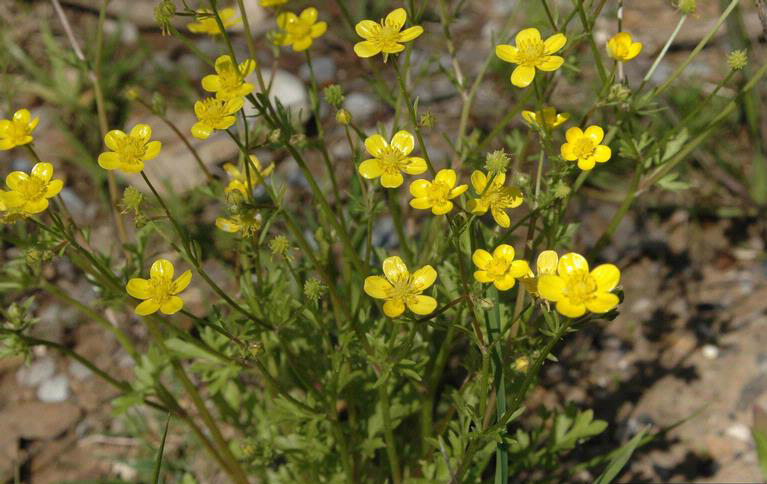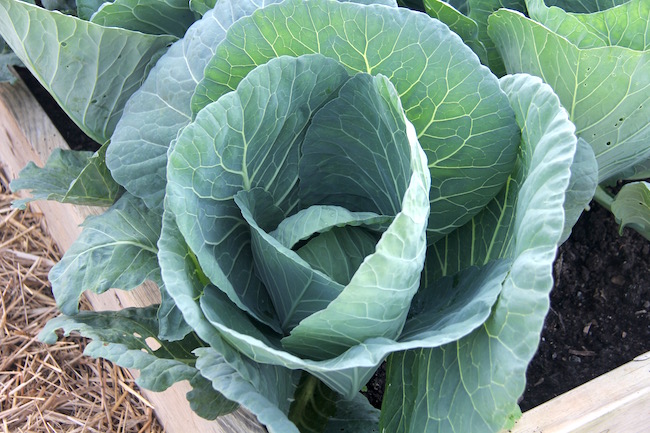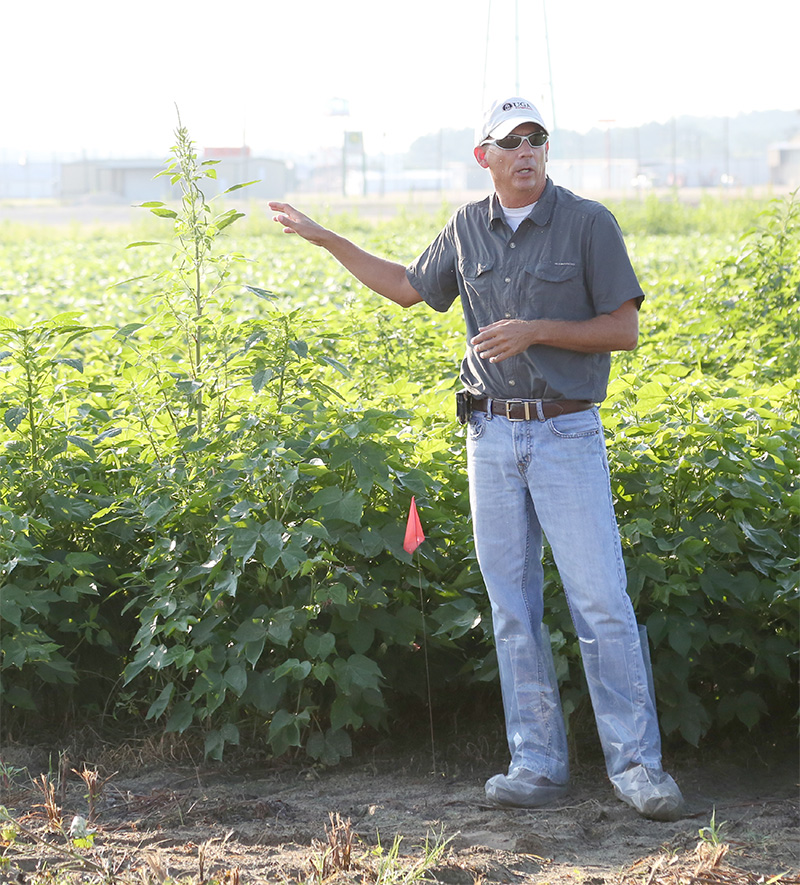Diseases and weeds can be very limiting factors in growing quality home vegetables, especially when it comes to growing organically. Prevention is the key to coping with these problems.
To keep your garden disease and weed free, follow these tips from University of Georgia Cooperative Extension experts:
- Select resistant varieties of vegetable plants whenever possible. These plants are bred to provide a level of resistance to many common diseases and other problems like nematodes.
- Rotate crops each year, even if you only have a small garden. By moving plants each year to a slightly different location, you help protect your plants. Rotating crops helps prevent buildup of organisms in one place. It can also help starve out a damaging disease or organism.
- Control competition from weeds by using mulch and weed barriers. Weeds will compete for vital moisture and nutrients and can severely stunt the growth of vegetables. Newspaper layered three sheets thick makes an effective weed barrier. Placed around plants, it suppresses weed growth, helps maintain moisture and provides organic material as it breaks down.
- Think clean. Sanitation is an important tool to the organic gardener. Destruction of weeds or other plants along with the elimination of diseased plants is vital to maintaining a healthy garden. Avoid using tobacco products while working in the garden as they can transmit viruses. Only go in the garden after the foliage has dried in the morning to avoid spreading potential disease spores.
- And remember, most organic principles are nothing more than following sound management practices and paying attention to detail.

